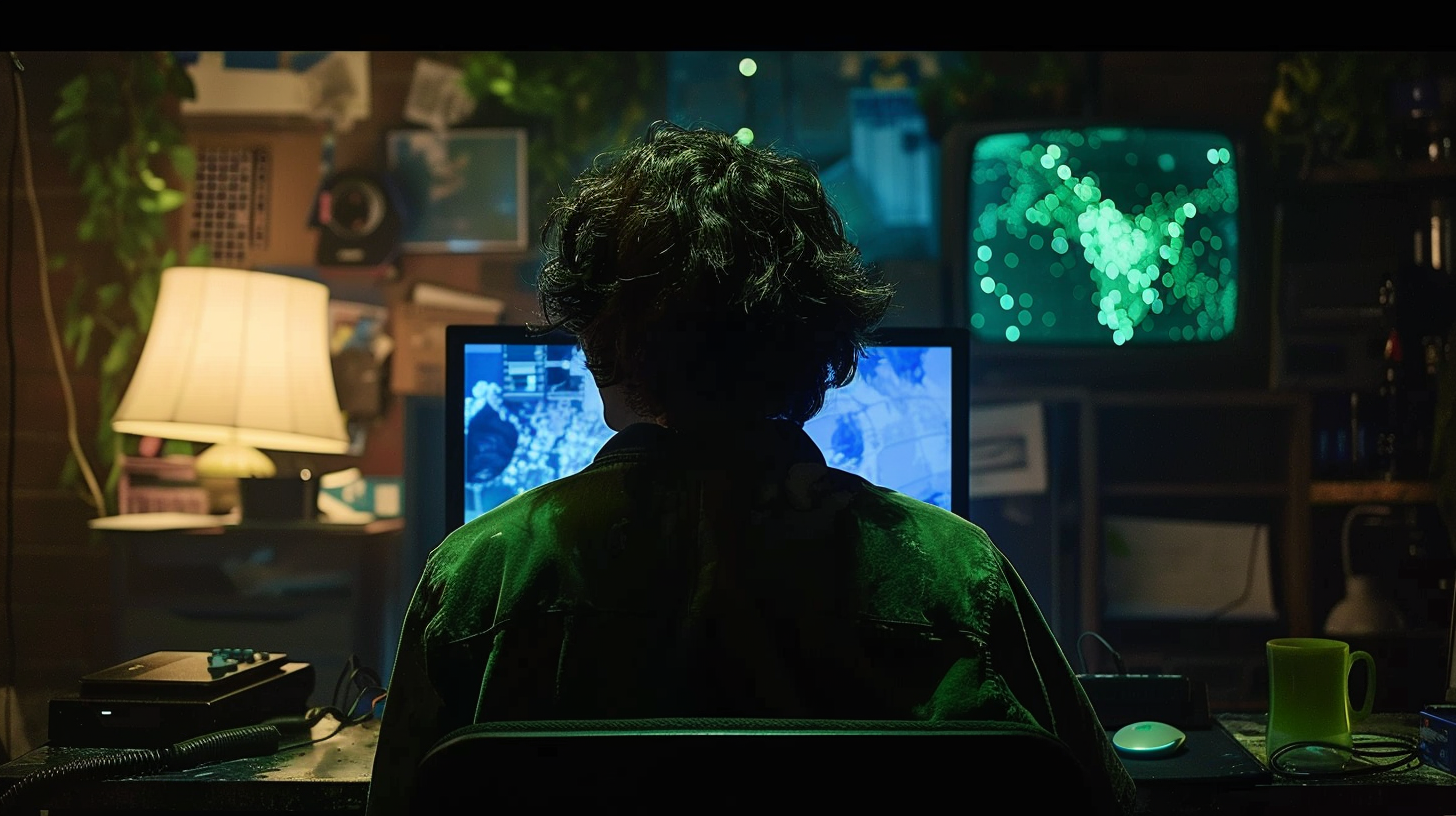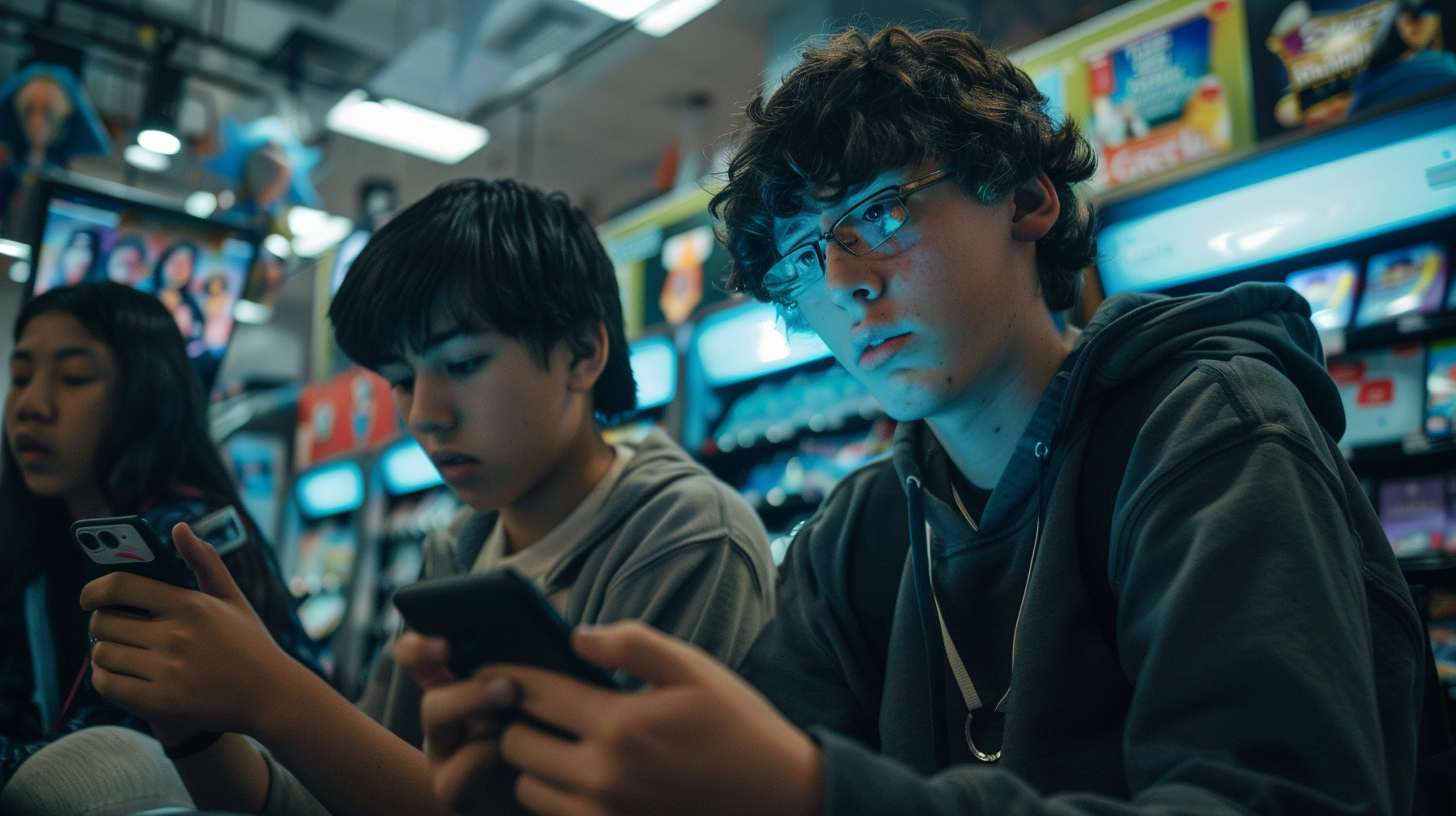| Key Points: – Unity Software shares surged nearly 10% after a cryptic post by Keith Gill, known as “Roaring Kitty,” on X. – The post referenced a Rick James song titled “Unity,” which sparked enthusiasm among meme stock traders. – Unity’s stock had fallen 45% in 2024 due to controversies, including the “runtime fee” and significant layoffs, but gained $700 million in market value after the surge. |
Unity Software (U) saw its stock surge by nearly 10% on Thursday following a cryptic post by Keith Gill, better known as “Roaring Kitty,” on social media platform X. The post, which featured a brief clip of late musician Rick James, sparked enthusiasm among investors and prompted a surge in Unity’s stock price, pushing it as high as $26 on the first trading day of 2025.
Keith Gill’s social media presence has a history of influencing stock prices, as he became widely known during the 2021 meme stock frenzy that led to GameStop’s meteoric rise. Gill, who became a symbol for retail investors during the rally, has since been linked to stock movements that draw the attention of meme stock enthusiasts. His latest post, which referenced a Rick James song titled “Unity,” appears to have reignited similar enthusiasm, particularly among retail investors who tend to follow meme stock trends.
This surge comes at a critical time for Unity Software, which faced a tough year in 2024. The company’s shares fell by nearly 45% last year, following the backlash over its controversial “runtime fee” policy introduced in 2023. The backlash was so severe that Unity had to scrap the pricing model by 2024. Despite this, Unity remains an essential tool for millions of game developers worldwide, powering popular titles like “Pokemon Go,” “Beat Saber,” and “Hearthstone.”
Unity’s challenges were compounded by its decision to lay off about 25% of its workforce in 2024, following 8% job cuts in 2023. These measures were part of Unity’s efforts to focus on profitability amid a difficult market. Yet, the excitement generated by Gill’s post demonstrates the volatility of Unity’s stock and the power of social media in driving investor sentiment.
As Unity gains nearly $700 million in market value from Thursday’s trading gains, industry experts note the role that social media has in shaping stock movements. Art Hogan, chief market strategist at B. Riley Wealth, commented, “The leader of the meme stock post on social media, whether it’s Reddit or X, you’re certainly going to see that reaction by that small army of meme stock players — that’s what we’re seeing again today.” Hogan’s remarks highlight how social media trends continue to impact the stock market, particularly with stocks like Unity, which are viewed as volatile but promising.
Despite the excitement, some industry professionals are wary of the impact of meme stock trading. Thomas Hayes, chairman of Great Hill Capital LLC, cautioned against following trends driven by online communities, saying, “You would think people would have learned by now that playing these silly reindeer games ends in tears … it’s not the way to invest.” Hayes’ remarks reflect concerns about the sustainability of meme stock movements, which are often fueled by speculation rather than fundamentals.
Unity Software’s stock surge is a reminder of the unpredictable nature of meme stock trading, where social media influencers can significantly impact stock prices. While the company’s long-term outlook remains uncertain, Thursday’s surge offers a brief moment of optimism for investors following a challenging year.



